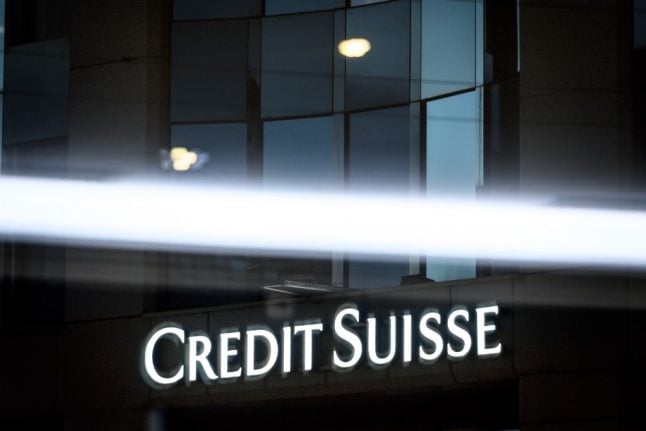The blacklist expands on an already-established register of eight "non-cooperative states and territories" that already included Botswana, Brunei, Nauru, Guatemala and the Philippines.
It adds Switzerland, Lebanon, Panama, Costa Rica, the United Arab Emirates, Dominica, Liberia, Trinidad and Tobago, and Vanuatu.
The officials justified the move by saying there was a lack of transparency in the nations on the list, adding that poor and developing countries were often the main victims of fraud.
"The aim is primarily preventive, to put pressure on these countries by publicizing this list to progress towards more transparency," they said.
It comes hot on the heels of a damaging scandal involving Jerome Cahuzac, a former budget minister who was once in charge of fighting tax evasion but admitted to having a secret, foreign bank account after months of denial.
TAX EVASION
French put Swiss on foreign aid blacklist
Switzerland is on a blacklist of 17 countries judged by France to be uncooperative in investigating foreign aid fraud.
Published: 27 May 2013 21:53 CEST

Swiss Embassy in Paris. Photo: DFAE
Officials in Paris on Monday said Swiss banks and those from other countries on the list will be banned from distributing development funds from France.
Aides to development minister Pascal Canfin were unable to say how much French foreign aid currently transits via banks in the countries featured on the new blacklist.
Url copied to clipboard!


 Please whitelist us to continue reading.
Please whitelist us to continue reading.
Member comments